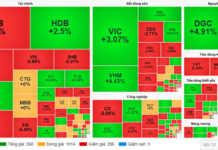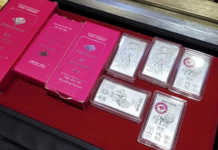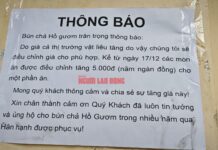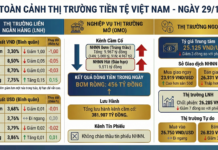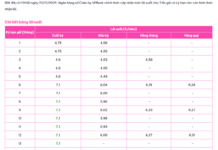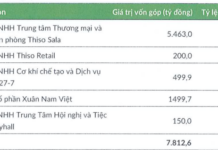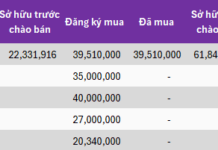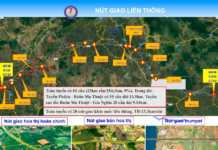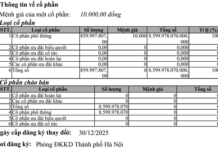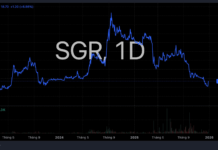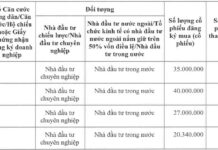Global automakers feared Chinese brands would storm into international markets with prices undercutting rivals. However, recent reports suggest the Chinese brands are doing the opposite.
The strategy shift is being led by BYD, which faces increasing competition at home. Several Chinese automakers are battling over electric vehicle prices in their own market, while also being supported by government incentives for EVs. This is cutting into BYD’s profit margins.
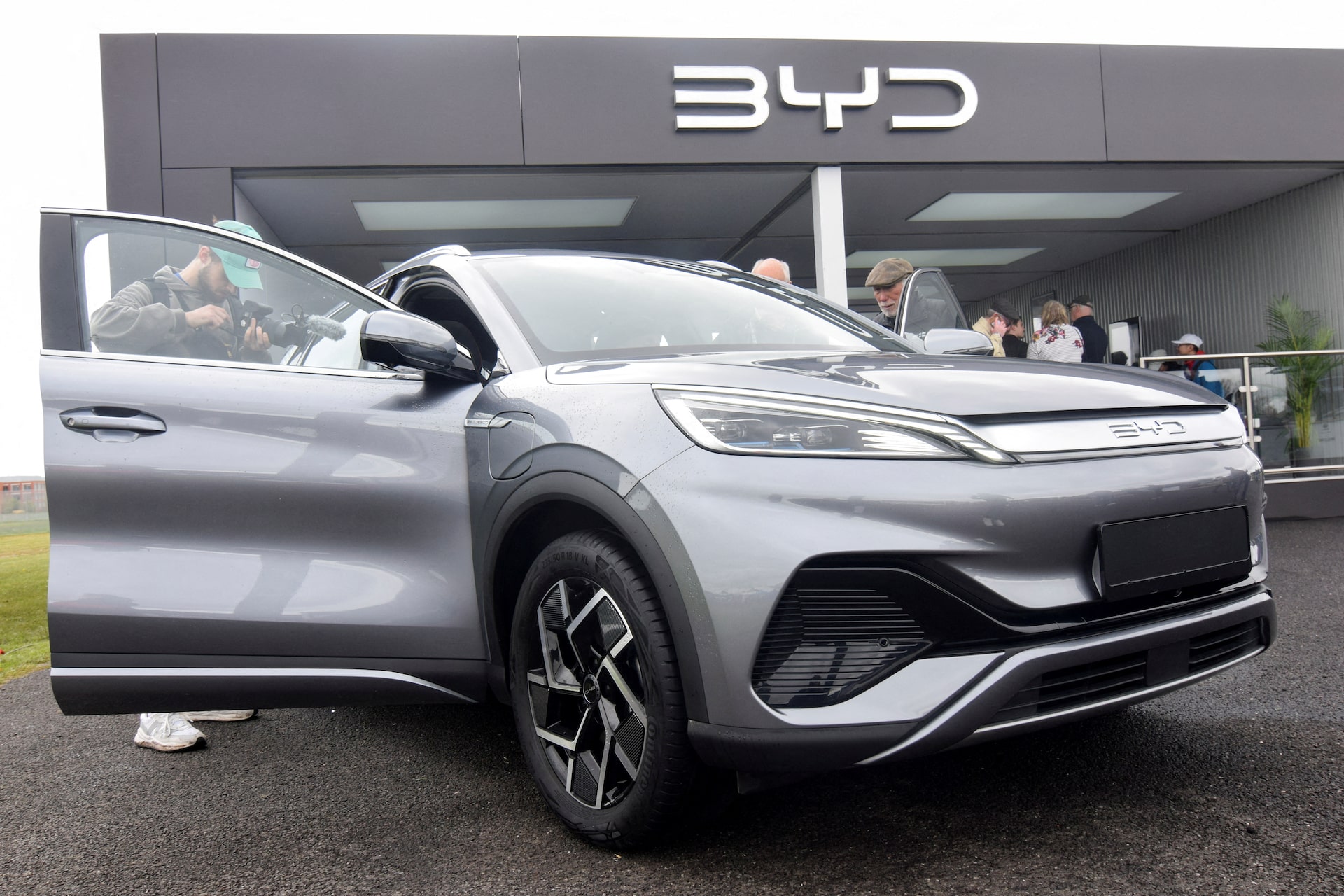
The brand’s solution is to increase prices in international markets to restore healthy margins. Some BYD models are being sold for more than three times the price in its home market. Despite this, the Chinese brand’s pricing strategy is still attractive enough to tempt customers.
According to Reuters, the BYD Atto 3 is priced between 81 per cent and 174 per cent higher in some export markets compared with China. The BYD Dolphin, which costs around $16,500 in China, is priced as high as $37,500 in Germany, a premium of between 39 per cent and 128 per cent. The Seal has a price premium of between 30 per cent and 136 per cent.
In comparison, the Tesla Model 3 made in China is only 37 per cent more expensive in Germany than it is in the home market.
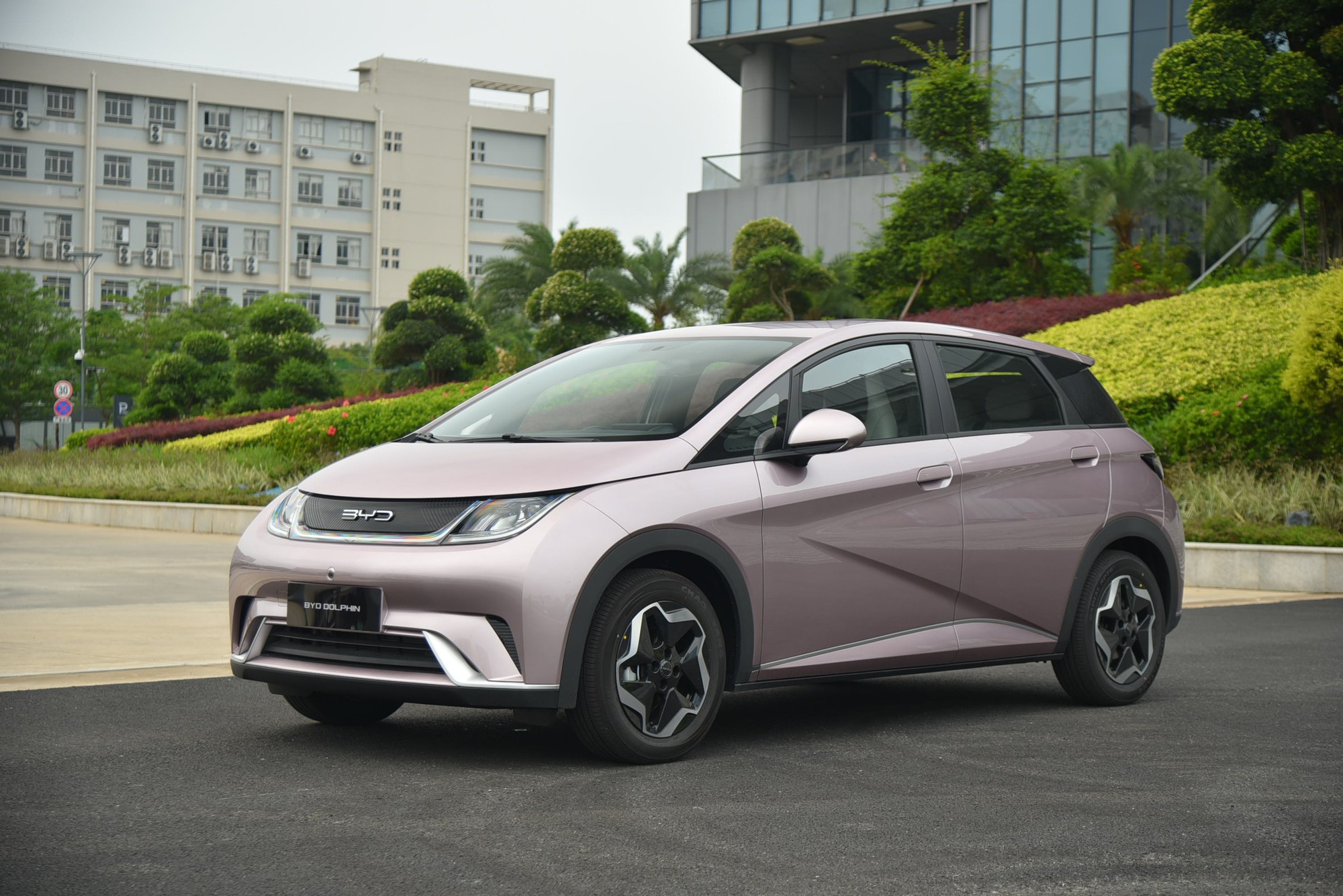
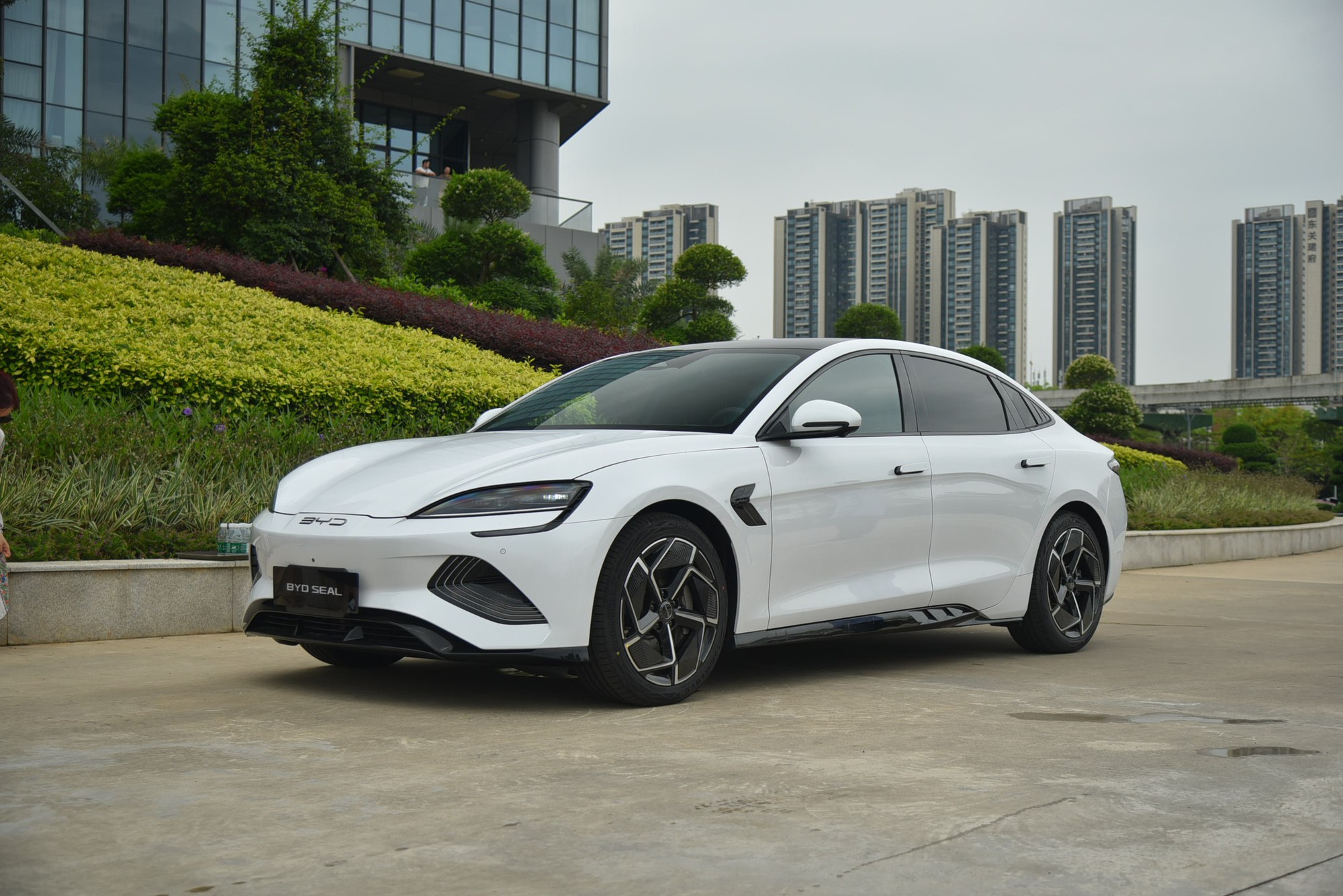
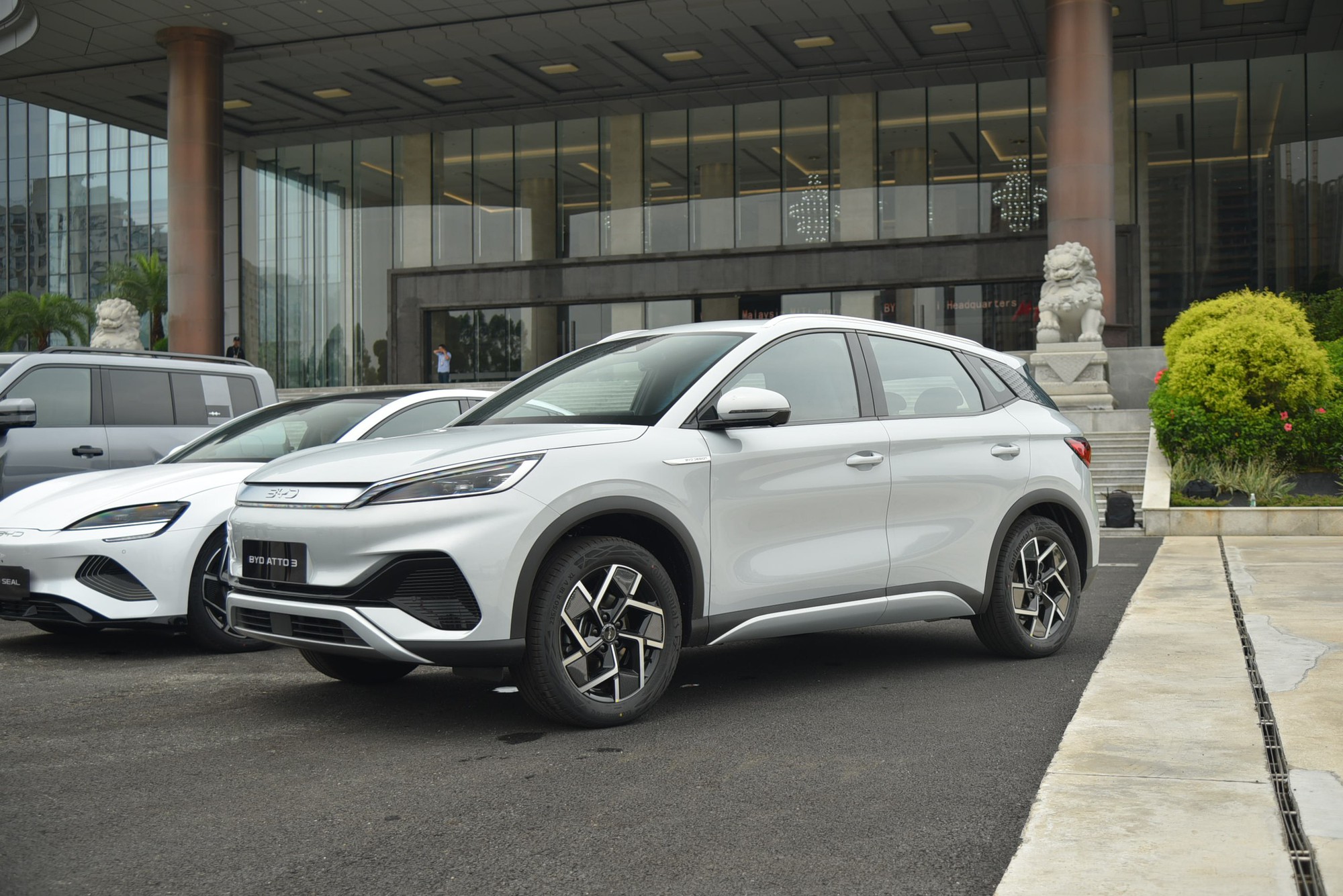
The BYD Dolphin, Atto 3, and Seal are all priced considerably higher in international markets compared to their domestic counterparts. These three models are also slated to arrive in Vietnam this year.
However, BYD is pricing its vehicles aggressively yet still undercutting European rivals. It also tends to offer more standard equipment on its vehicles. The higher prices are also being driven by additional costs for BYD, such as shipping.
Despite this, the Chinese brand is still able to make thousands of dollars in profit per vehicle because it produces many of its own components, including batteries, motors, and even mining the raw materials, rather than buying them from third parties.
Battery costs in China are estimated to be 18 per cent cheaper than elsewhere, according to research firm Benchmark Mineral Intelligence. A large company like BYD that makes its own batteries can shave even more off the cost, helped by government subsidies and lower electricity and labor costs than European carmakers face.
European automakers are worried the prices being set by Chinese carmakers could allow them to undercut and trigger a race to the bottom. It also means Chinese car giants could absorb the impact of EU tariffs on imported vehicles.

